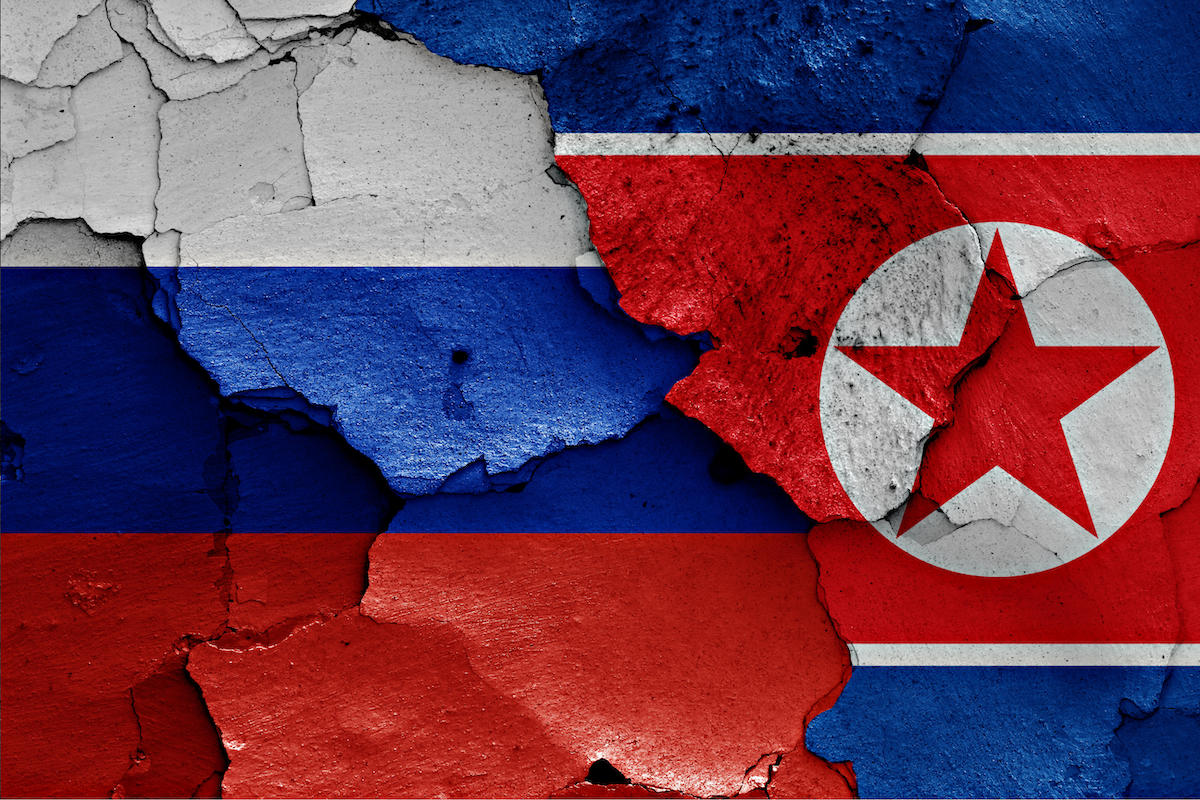A recent report by SentinelLabs researchers has revealed that North Korean hackers were able to breach major Russian missile developer networks for at least five months in 2022. The cyber espionage teams, known as ScarCruft and Lazarus and linked to the North Korean government, secretly installed digital backdoors into the systems at a rocket design bureau called NPO Mashinostroyeniya, located in Reutov, just outside of Moscow.
NPO Mashinostroyeniya is a sanctioned entity that possesses confidential intellectual property on sensitive missile technology, both currently in use and under development for the Russian military. This makes it a prime target for countries like North Korea, who are actively seeking advanced missile technologies. The bureau has been a pioneer developer of hypersonic missiles, satellite technologies, and newer generation ballistic armaments.
At this point, it is not known if any data was stolen during the breach or what information may have been accessed by the cyber espionage teams. However, this incident highlights the lengths to which isolated countries are willing to go in order to acquire advanced technologies, even if it means betraying their allies.
Interestingly, just months after the initial breach, North Korean officials in Pyongyang announced significant advancements in the country’s banned ballistic missile program. While it is unclear whether these developments were directly influenced by information obtained through the breach, the timing raises suspicions.
NPO Mashinostroyeniya, the Russian embassy in Washington, and North Korea’s mission to the United Nations (UN) in New York have all remained tight-lipped about the breach and have not made any public comments regarding the incident.
This breach serves as a reminder of the continuous threat posed by hackers and state-sponsored cyber espionage. Government entities and defense contractors around the world must remain vigilant and take steps to enhance their cybersecurity measures to protect sensitive information and intellectual property.
The incident also underscores the importance of international cooperation in the fight against cyber threats. With nations increasingly resorting to cyber espionage to gain an edge in military capabilities, it is crucial for countries to share information and work together to develop robust defense mechanisms.
Moreover, this breach raises concerns about the effectiveness of sanctions in deterring state-sponsored cyberattacks. Despite being a sanctioned entity, NPO Mashinostroyeniya was still vulnerable to hackers, indicating that more stringent measures may be necessary to prevent such breaches in the future.
It is evident that cybersecurity should be a top priority for governments and organizations globally. As technology continues to advance and become increasingly intertwined with national security, the risks of cyberattacks and breaches will only grow. It is imperative for all stakeholders to invest in robust cybersecurity infrastructure, share threat intelligence, and collaborate in developing proactive defense strategies.
In conclusion, the breach of NPO Mashinostroyeniya by North Korean hackers highlights the growing threat of cyber espionage and the lengths to which isolated countries are willing to go to acquire advanced technologies. This incident serves as a wake-up call for governments and defense contractors worldwide to strengthen their cybersecurity defenses and collaborate to combat cyber threats effectively.


